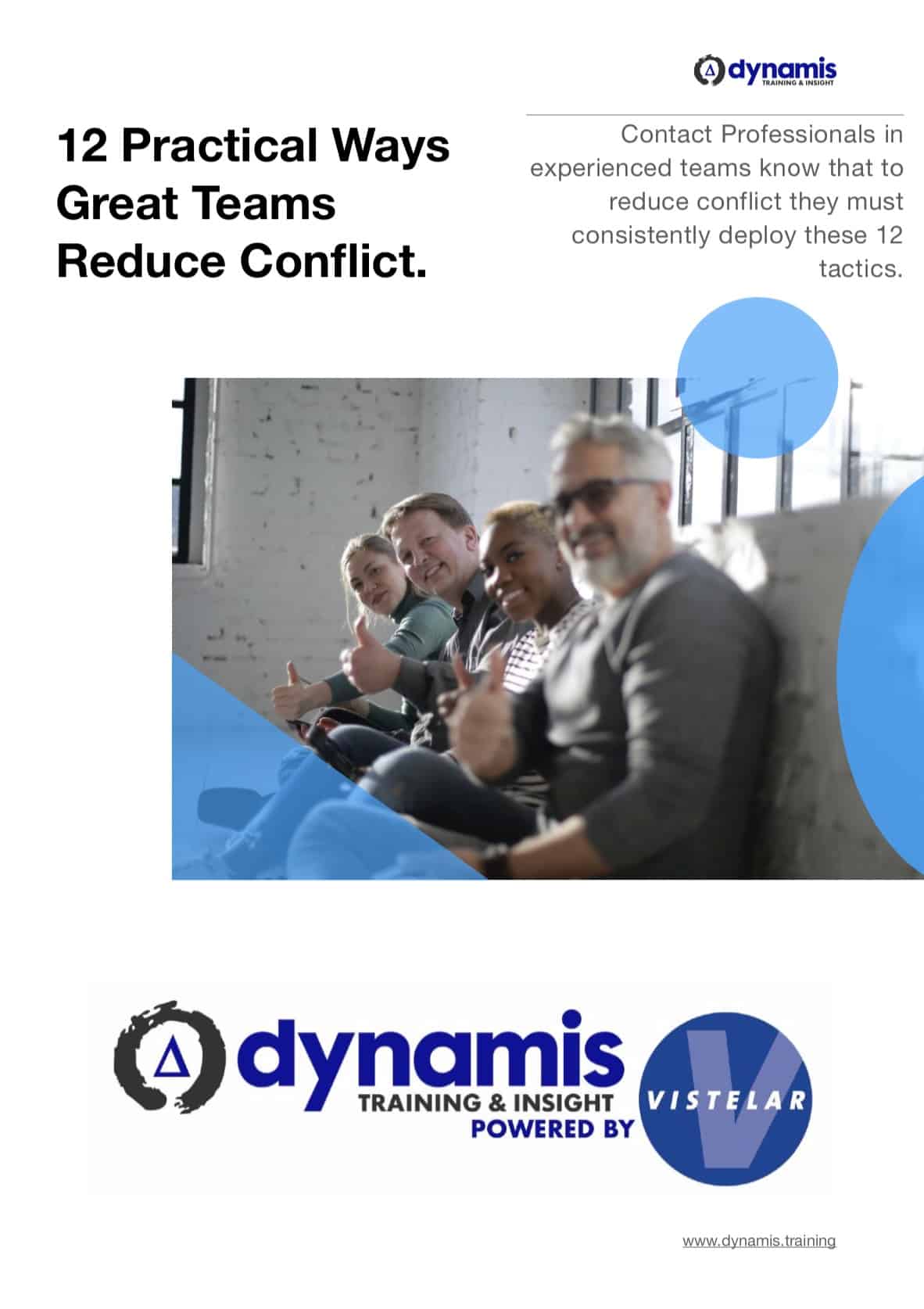Staff in one hospital we worked in reported to us that they had variable success in securing assistance from Security Guards when incidents become critical. We ourselves experienced communication difficulties (mainly a language barrier) with Security Guards several times during our visit which may contribute to this apparent lack of cooperation or coordination.
Certainly in other contexts in which we have worked where the Security function is carried out by an external company, we have seen that the contractual position of the guards precludes them from physically intervening in security-type situations. This situation, while common, is counter-productive to provision of a safe and secure facility.
We saw the security guards enforcing rules and controlling access to certain areas while we observed the ED at that hospital, however we also saw evidence of security staff engaged in distracting activities, arguably not central to their role or which reduce their effectiveness.
Externally-contracted Security staff may be differentiated from Nursing staff by several main and possibly critical factors:
- they are not as well-informed about the nature of illness and mental-health problems presenting at the ED
- their training in de-escalation and physical intervention may be limited to ‘standard’ but not ‘comprehensive’ levels
- they are regularly cycled around to different parts of the hospital
- they are sometimes not empowered to work on their own initiative but to wait for orders
- they may be reactive to situations rather than pro-active
- their employment status is more tentative (low-skilled work/easily replaceable skills)
In some hospital environments, internally employed security officers are recruited, selected, screened, trained, inducted into, attached directly to and gain experience in working for, the Emergency Department. They work for and operate according to their direct contractual responsibilities with the hospital authorities. They are a dedicated security function and their experience is valued in their specialist role.
We recommend that this in-house option be explored in order to provide more effective functionality to security officers deployed within the hospital setting.
———————————————-
Gerard O’Dea is a conflict management, personal safety and physical interventions training consultant. He is the training director for Dynamis, a specialist provider of personal safety and violence management programmes and the European Adviser for ‘Verbal Defense and Influence’, a global programme which addresses the spectrum of human conflict. www.dynamis.training



